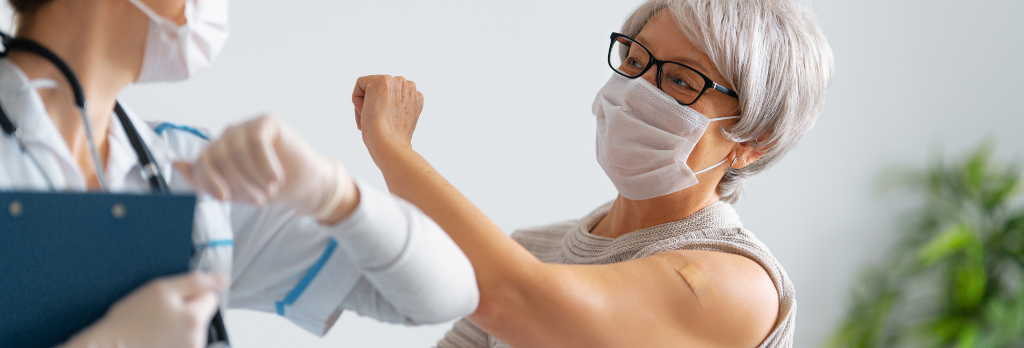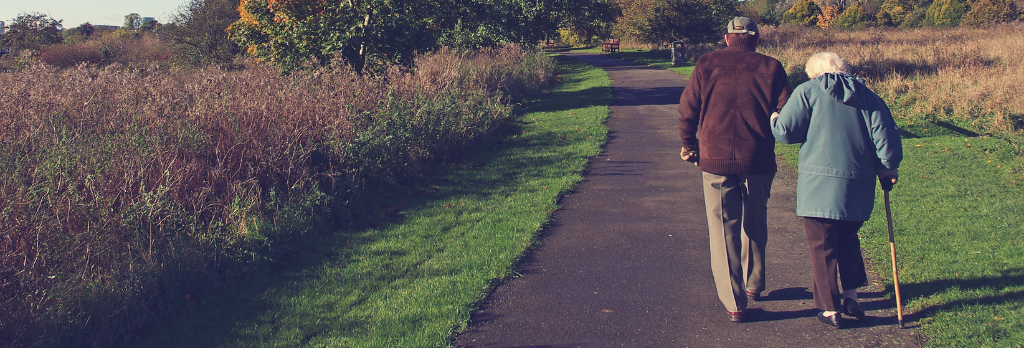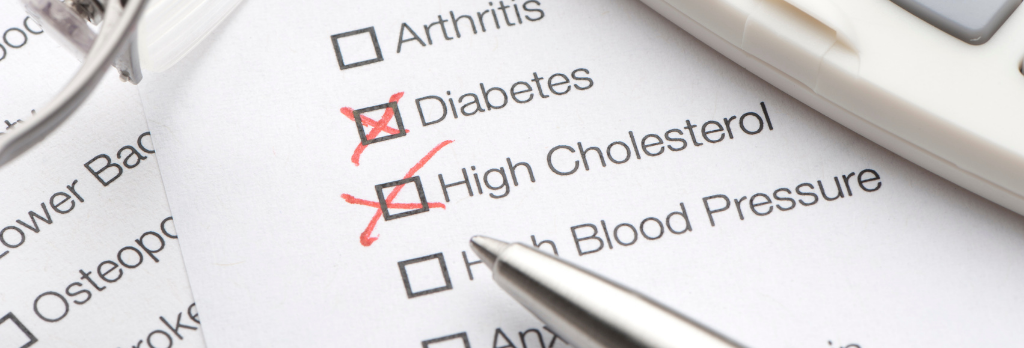Post-COVID Conditions
March 29, 2022
Although most people with COVID-19 get better within weeks of illness, some people experience post-COVID conditions. Post-COVID conditions are a wide range of new, returning, or ongoing health problems people can experience four or more weeks after first being infected with the virus that causes COVID-19. Even people who did not have COVID-19 symptoms in the days or weeks after they were infected can have post-COVID conditions. These conditions can present as different types and combinations of health problems for different lengths of time.
These post-COVID conditions may also be known as long COVID, long-haul COVID, post-acute COVID-19, long-term effects of COVID, or chronic COVID. CDC and experts around the world are working to learn more about short- and long-term health effects associated with COVID-19, who gets them, and why.
Types of Post-COVID Conditions
New or Ongoing Symptoms
Some people experience a range of new or ongoing symptoms that can last weeks or months after first being infected with the virus that causes COVID-19. Unlike some of the other types of post-COVID conditions that tend only to occur in people who have had severe illness, these symptoms can happen to anyone who has had COVID-19, even if the illness was mild, or if they had no initial symptoms. People commonly report experiencing different combinations of the following symptoms:
- Difficulty breathing or shortness of breath
- Tiredness or fatigue
- Symptoms that get worse after physical or mental activities (also known as post-exertional malaise)
- Difficulty thinking or concentrating (sometimes referred to as “brain fog”
- Cough
- Chest or stomach pain
- Headache
- Fast-beating or pound heart (also known as heart palpitations)
- Joint or muscle pain
- Pins-and-needles feeling
- Diarrhea
- Sleep problems
- Fever
- Dizziness on standing (lightheadedness)
- Rash
- Mood changes
- Change in smell or taste
- Changes in menstrual period cycles
Multiorgan Effects of COVID-19
Some people who had severe illness with COVID-19 experience multiorgan effects or autoimmune conditions over a longer time with symptoms lasting weeks or months after COVID-19 illness. Multiorgan effects can affect many, if not all, body systems, including heart, lung, kidney, skin, and brain functions. Autoimmune conditions happen when you immune system attacks healthy cells in your body by mistake, causing inflammation (swelling) or tissue damage in the affected parts of the body.
While it is very rare, some people, mostly children, experience multisystem inflammatory syndrome (MIS) during or immediately after a COVID-19 infection. MIS is a condition where different body parts can become inflamed. MIS can lead to post-COVID conditions if a person continues to experience multiorgan effects or other symptoms.
Effects of COVID-19 Illness or Hospitalization
Hospitalizations and severe illness for lung-related diseases, including COVID-19, can cause health effects like severe weakness and exhaustion during the recovery period.
Effects of hospitalization can also include post-intensive care syndrome (PICS), which refers to health effects that begin when a person is in intensive care unit (ICU) and can remain after a person returns home. These effects can include severe weakness, problems with thinking and judgement, and post-traumatic stress disorder (PTSD). PTSD involves long-term reactions to a very stressful event.
Some symptoms that can occur after hospitalization are similar to some of the symptoms that people with initially mild or no symptoms may experience many weeks after COVID-19. It can be difficult to know whether they are caused by the effects of hospitalization, the long-term effects of the virus, or a combination of both. These conditions might also be complicated by other effects related to the COVID-19 pandemic, including mental health effects from isolation, negative economic situations, and lack of access to healthcare for managing underlying conditions. These factors have affected both people who have experienced COVID-19 and those who have not.
Prevention
The best way to prevent post-COVID conditions is to prevent COVID-19 illness. For people who are eligible, getting vaccinated against COVID-19 as soon as you can is the best way to prevent getting COVID-19 and can also help protect those around you.
Stopping a pandemic takes all the tools in our toolbox:
- Get vaccinated and stay up to date on your COVID-19 vaccines.
- Know when to wear a well-fitted mask to help protect yourself and others.
- Avoid crowds and poorly ventilated indoor spaces.
- Test to prevent spread to others.
- Stay 6 feet apart from others who don’t live with you.
- Wash you hands often with soap and water. Use hand sanitizer if soap and water aren’t available.
If you are NOT yet fully vaccinated, prevent long-term complications by protecting yourself and others from COVID-19.
Although media articles have reported that some people with post-COVID conditions say their symptoms improved after being vaccinated, studies are needed to determine the effects of vaccination on post-COVID symptoms.
What CDC is Doing
CDC continues to work to identify how common post-COVID conditions are, who is most likely to get them, and why some symptoms eventually improve for some people and may last longer for other people. Rapid and multi-year studies are underway to further investigate post-COVID conditions in more detail. These studies will help us better understand post-COVID conditions and how to treat patients with these longer-term effects.
For more information, please visit https://www.cdc.gov/coronavirus/2019-ncov/long-term-effects/index.html.





